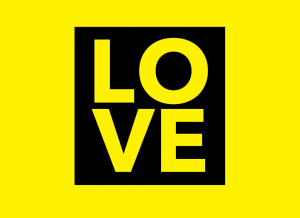
Racial diversity in the workplace as a whole – from hiring to internship programs to promoting people of color – continues to lack. A quick scan of top corporations gives a problematic picture: Google’s workforce is 3% Latinx and 2% Black. Intel is similar with 8.05% of the workforce is Latinx, while 3.67% is Black. This is unacceptable. Period.
While the foundation is already majority-minority, nonetheless, we are committed to doing more. It’s not enough to say we value diversity, we are committed to hiring more racially diverse staff through diversity hiring. The goal of diversity hiring is to identify and remove potential biases in sourcing, screening, and shortlisting candidates that may be ignoring, turning off, or accidentally discriminating against qualified, diverse candidates.
We are working from the ground up. We see the immense value in our internship program and are proud to say that we have always offered a paid internship and, for the first time ever as of this summer, remote flexibility. Paid internships are a crucial step in fostering a staff with diverse racial and socioeconomic backgrounds. Internships are often critical to launching careers, and unpaid internships disadvantage those who cannot afford to work for free. Our remote internship has allowed us to employ many of those diverse, young, bright minds from across the country, regardless of their ability to live in Los Angeles.
We continue to value and prioritize women and minority-owned vendors. As an organization with an array of annual events and collaborative projects, we see the importance of supporting fellow organizations and small businesses that share our progressive values and commitment to diversity.
While we have made some impressive strides as a Foundation, we are dedicated to constantly evolving our approach and reassessing our practices. From our research to our staff, to our strategic partnerships, we commit to diversity as a core pillar in our mission to end breast cancer.
